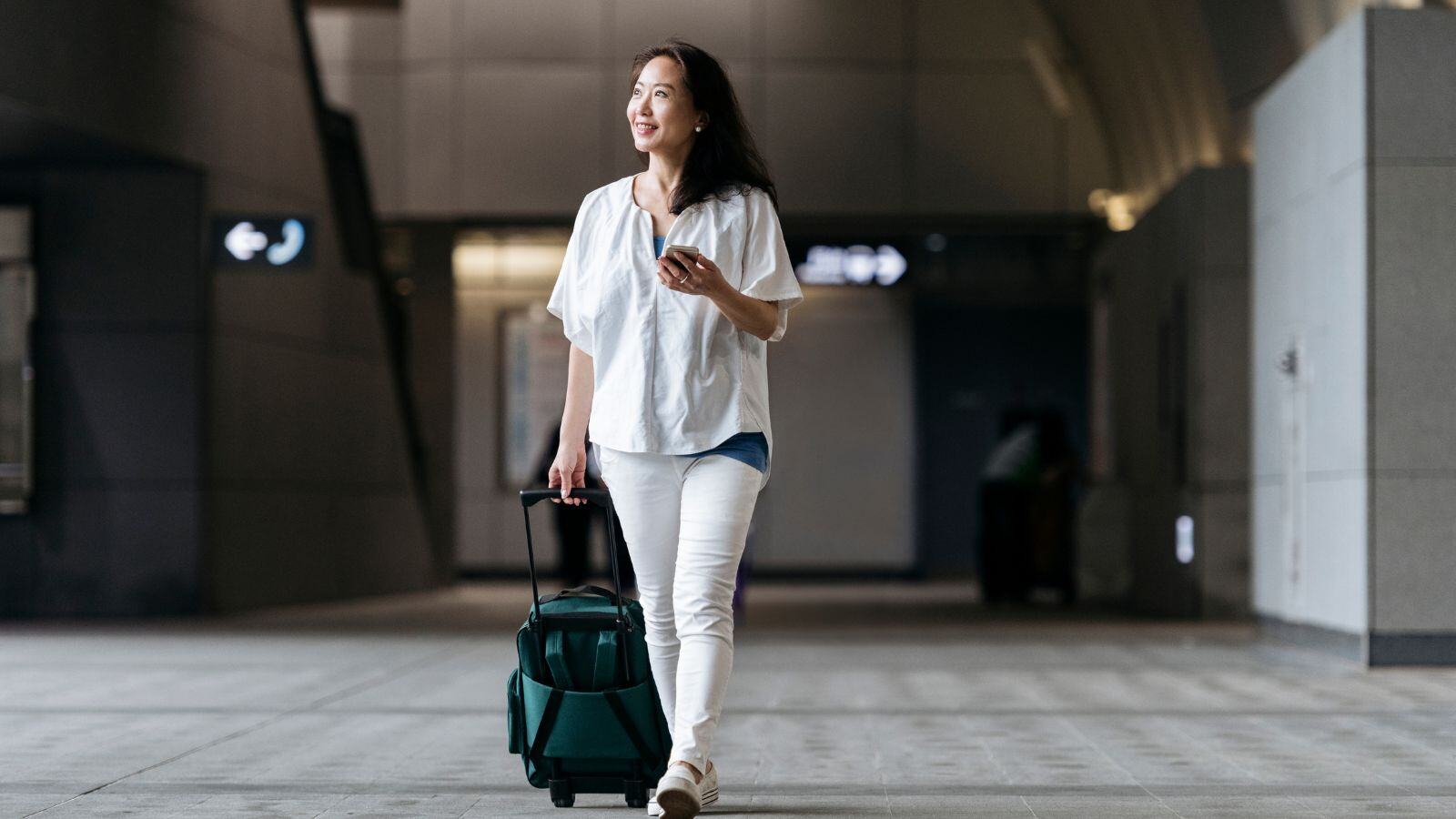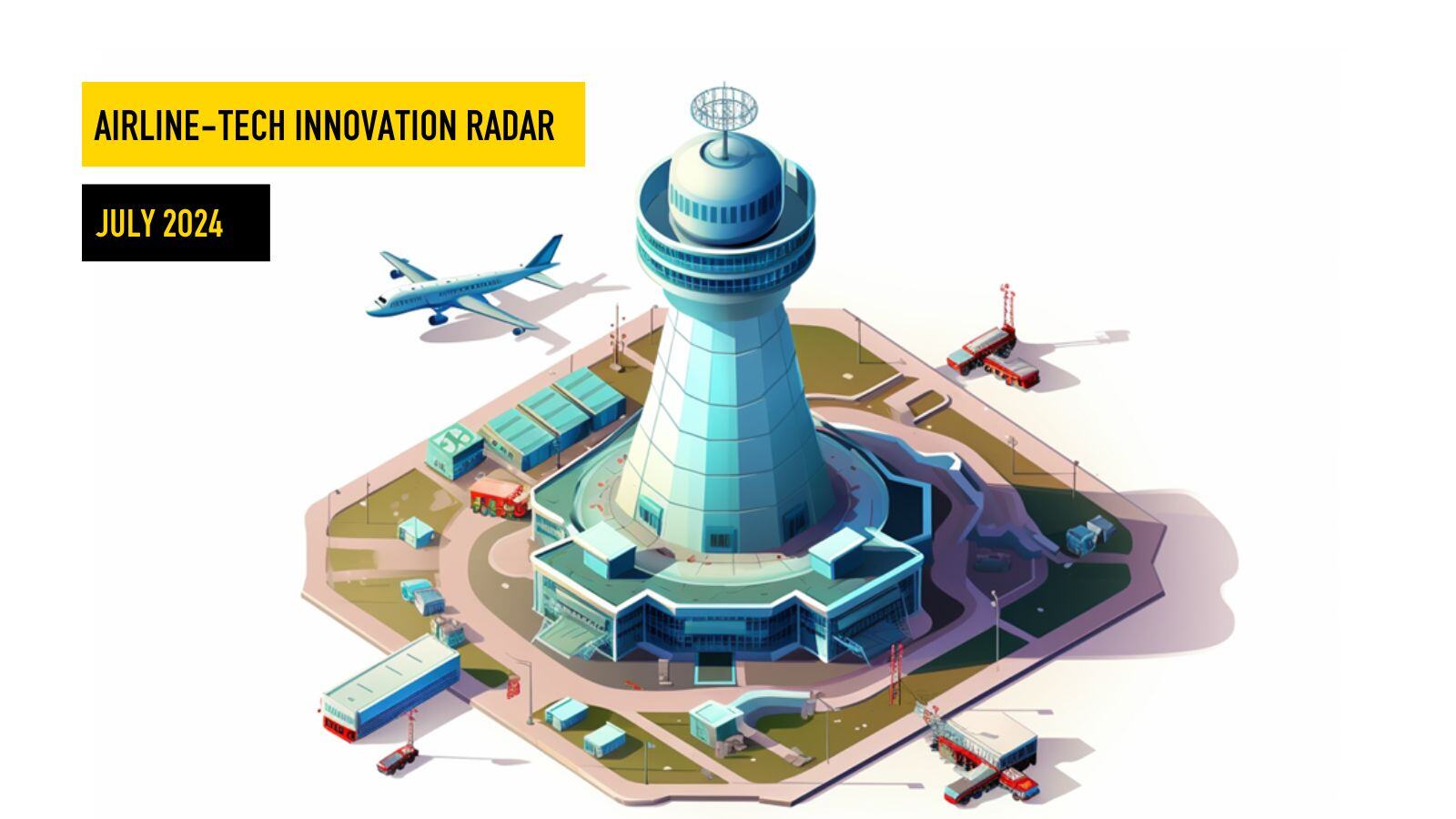Welcome back to our monthly OAG Airline-Tech Innovation Radar.
In this special July edition, we are focusing entirely on AI-driven innovations that are (potentially) reshaping the airline industry. Featuring two airlines and one airport at the forefront, this issue highlights how artificial intelligence is revolutionizing the passenger experience.
This focus is particularly timely as the airline industry navigates another busy summer season, where efficiency and customer satisfaction are more critical than ever.
Is the aviation industry ready to embrace these AI innovations for a smoother summer?
As the answer unfolds, the innovations we're about to showcase demonstrate the industry's clear commitment to employing advanced AI solutions to make air travel more seamless and enjoyable.
Innovation #1: Wizz Air's AI-powered Voice Assistant

Wizz Air is taking a significant leap forward in customer service technology with the latest upgrade to its virtual assistant, Amelia. Recognizing the challenges passengers face during flight disruptions, Wizz Air has introduced an innovative voice solution that proactively contacts passengers with real-time information and practical options for managing their travel plans.
Here's how it works:
- In the event of a flight disruption, passengers will receive an automated telephone call from Amelia, informing them of the situation and offering several immediate remedies. These include the option to rebook, accept a refund of 120% in Wizz credit, or opt for a full 100% refund of the total fare paid back to the original payment method.
- To ensure comprehensive support, Amelia follows up with another call 30 minutes later, allowing passengers to confirm if their issues have been resolved or seek further assistance.
Why does this innovation stand out?
Wizz Air is not just integrating more AI functionality; it is transforming Amelia into a more personal assistant-like experience by adding voice interaction. This approach taps into the growing preference for voice interactions in digital customer service, providing a more intuitive and human-like interaction.
By applying AI in this way, Wizz Air addresses a critical pain point—customer support during disruptions, which often sees a surge in complaints, particularly during the busy summer months. This initiative demonstrates Wizz Air's commitment to leveraging technology to not only enhance customer service, but also differentiate itself within the competitive low-cost airline market.
The development of Amelia into a multidimensional customer service tool illustrates how airlines can use AI to scale their customer service and strengthens Wizz Air’s role as an airline leader in trialing new AI use cases.

INNOVATION #2: UNITED AIRLINES' AI-ENHANCED WEATHER BROADCASTING

United Airlines has introduced a novel approach to handling weather delays that enhances transparency and customer satisfaction. Building on the theme of proactive communication we saw with Wizz Air's Amelia, United is utilizing AI to offer passengers personalized updates during weather disruptions.
Here's how it works:
- Specialized customer service teams at United’s network operations center work closely with flight operations to monitor live flight data.
- Using Generative AI, they craft detailed messages that comprehensively explain changes in flight plans to customers. These messages are promptly sent to passengers via text or email. During weather delays, the messages include links to local, live radar maps that provide visual insights into weather conditions affecting flight paths.
- This feature is not only available through direct messages but also integrated within the United app, where all passengers can access weather maps under flight status updates. Additionally, United plans to display these radar maps in the gate area when flights are delayed due to weather, ensuring that all passengers, regardless of their access to mobile devices, are kept in the loop.
Why does this innovation stand out?
Weather-related disruptions are frequently cited by customers as frustrating reasons for flight delays. By offering real-time, visual, and understandable explanations, United Airlines aims to demystify these delays and provide passengers with the ability to see for themselves how the weather in one part of the country might be impacting their travel plans. This transparency is crucial for maintaining customer trust and satisfaction, particularly during travel disruptions.
Furthermore, United’s initiative represents a significant advancement in real-time customer communication within the airline industry, which traditionally struggles with siloed data departments and inadequate customer engagement. By breaking down these barriers and offering an integrated, informative service, United lays the groundwork for enhanced brand loyalty through increased trust.
INNOVATION #3: ZURICH AIRPORT'S AI-ENHANCED SECURITY SCANNERS

And if you haven't had enough of AI-powered innovations, let us present you with a third one, this time led by an airport.
Zurich Airport is leading the way in enhancing security screening processes with the introduction of two digital security scanners equipped with AI algorithms developed by Rohde & Schwarz. These scanners are designed to detect a wide range of prohibited items with remarkably low false alarm rates.
Why does this innovation stand out?
While Rohde & Schwarz is not the only provider of security scanners where passengers briefly stand to be scanned, its technology is potentially disruptive due to its high efficiency and automatic detection capabilities. The scanners utilize AI algorithms to identify various object classes, including metals, liquids, ceramics, plastics, granulates, powders, organic substances, and more, all without the need for human intervention.
The key differentiator lies in the AI system’s ability to drastically reduce false alarms, a common issue with traditional security processes. If successful, Zurich Airport’s trial could redefine one of the most tedious aspects of the air travel experience. Currently, the security process at airports is largely dependent on human operators, leading to inconsistencies and frustrations due to human error or subjectivity.
Looking toward the future:
Implementing such AI-driven technology could standardize security screenings across different checkpoints and airports worldwide. By potentially establishing a unified software or learning detection layer beneath the global airport landscape, Zurich Airport is paving the way toward a future where physical screening and the need for personal contact could become less frequent or even obsolete. This would improve the overall traveler experience by making security checks quicker and less invasive.
wrapping up this month's AI innovations
This month's AI-driven innovations mark a significant stride towards smarter, more personalized air travel experiences.
For a deeper dive into how data, innovation, and technology are shaping the future of air travel, be sure to check out our new report The Future of the Airline Passenger Experience which provides a deeper understanding of how ongoing innovations are improving the overall journey for travelers.
Stay tuned for our next edition, where we will continue to uncover and discuss the latest advancements that are shaping the future of airline technology.



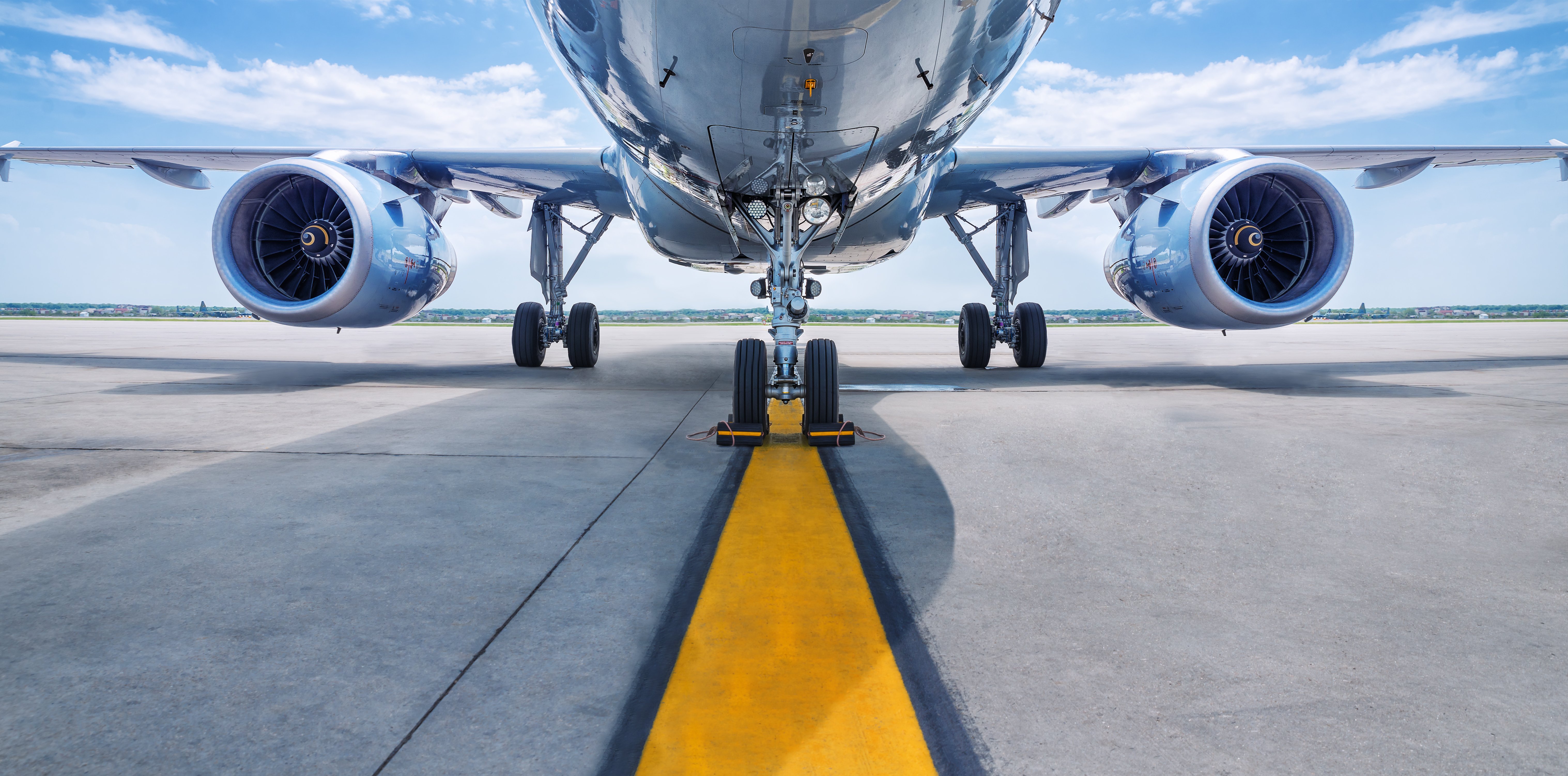

.jpg)

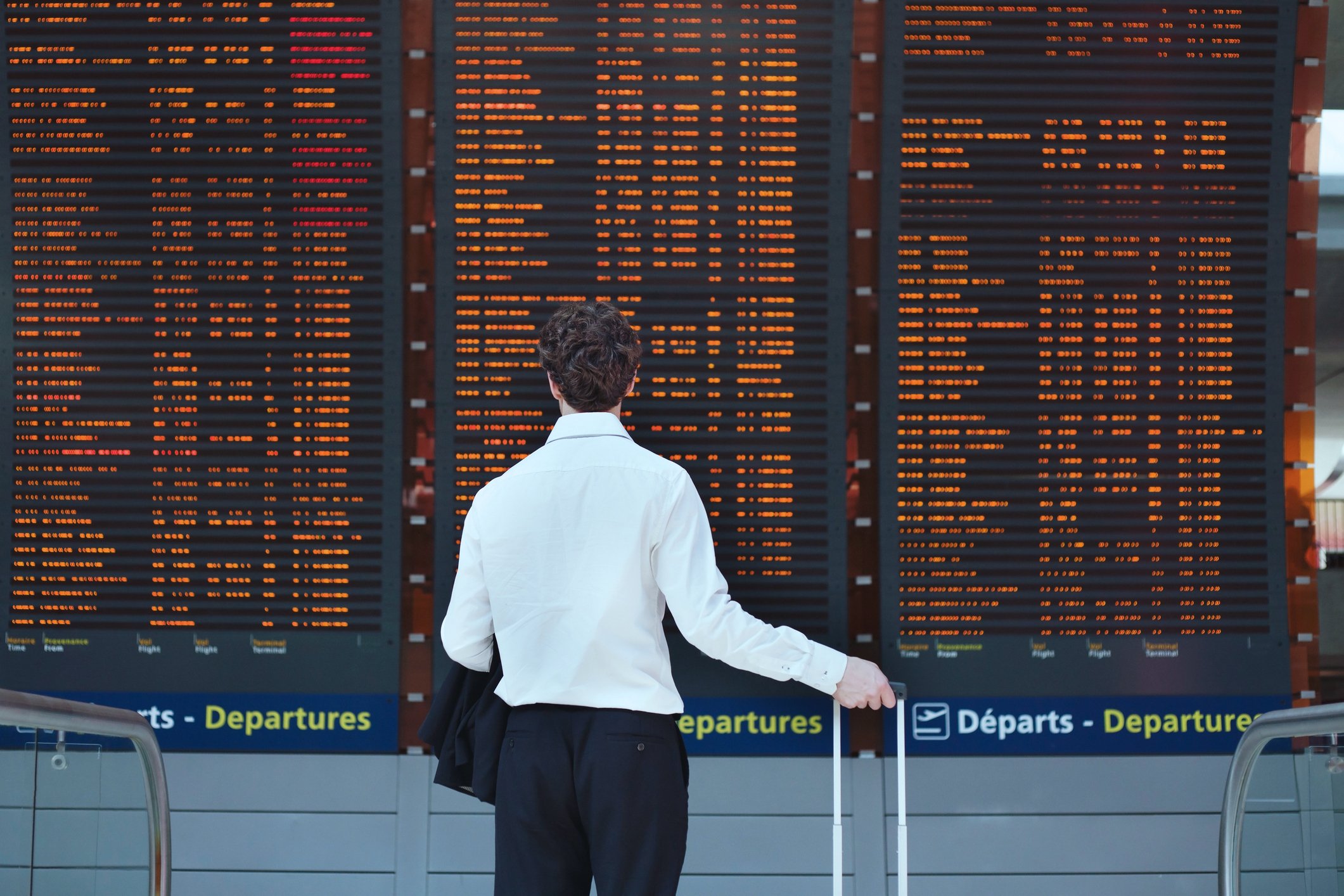

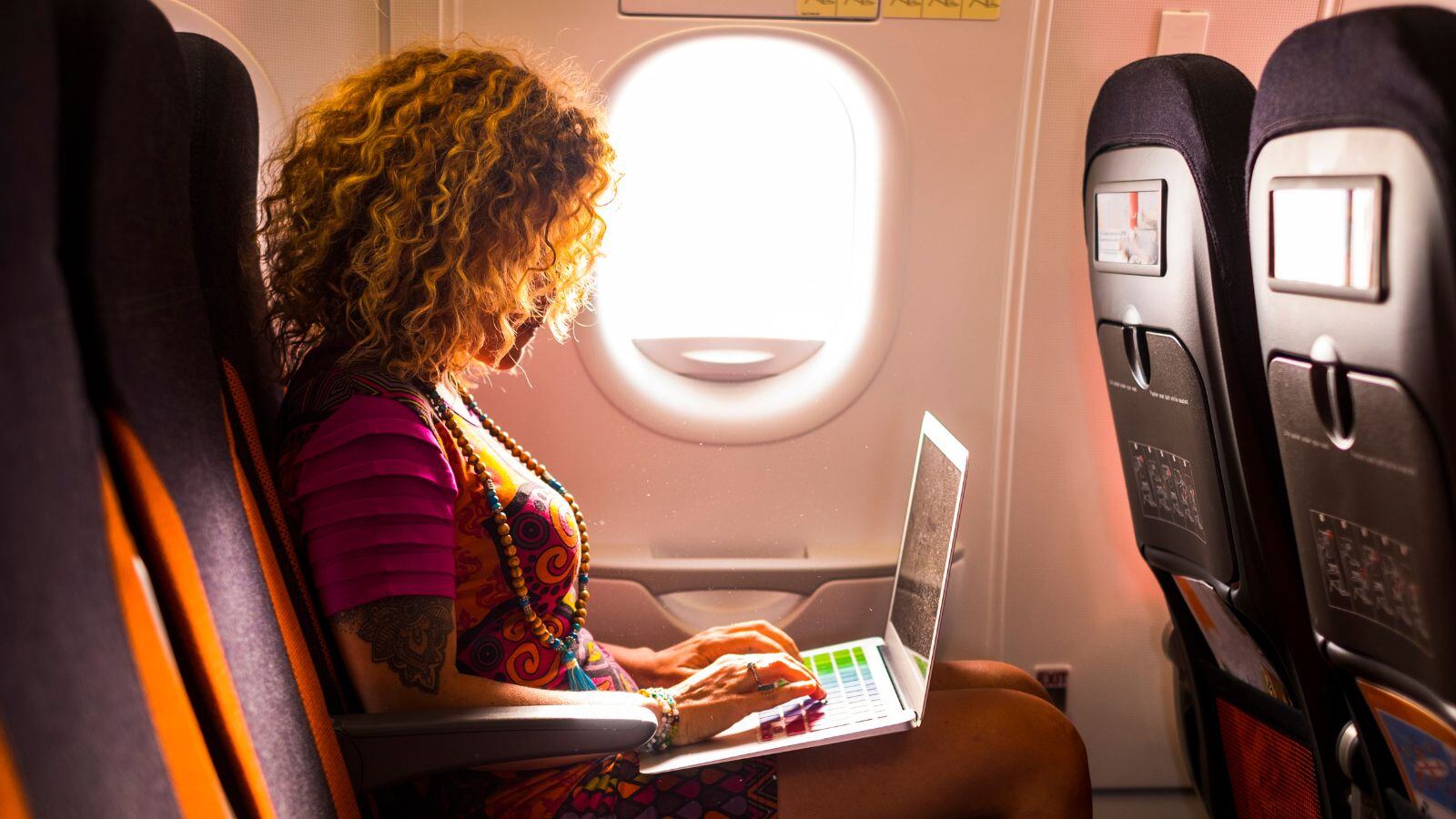
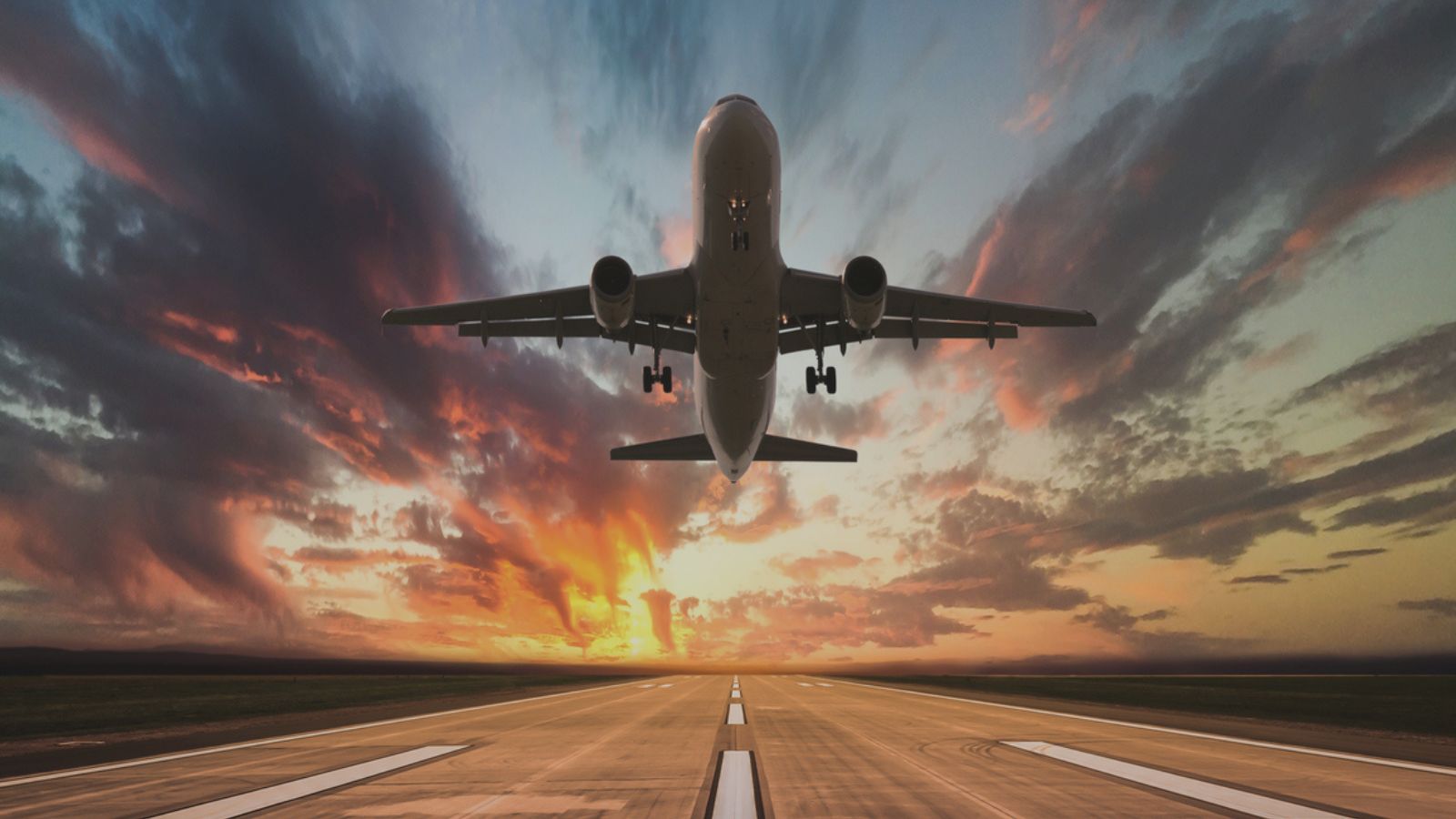
.png)

